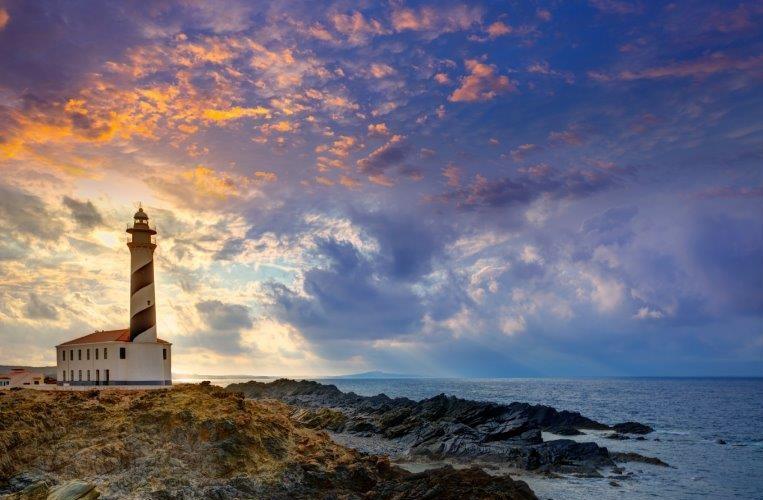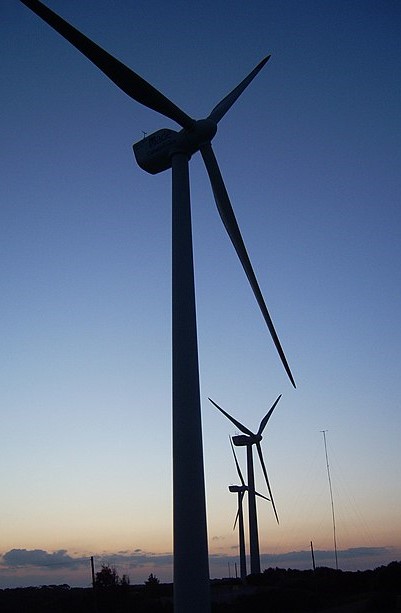
Part of the 26 islands and archipelagos selected by the European Commission for the Clean Energy for EU Islands Initiative, Menorca published its energy transition roadmap earlier this week: the Menorca 2030 Strategy.
Read the Menorca 2030 Strategy here (Catalan)
The island sets an example with its concrete objectives, which include
- to cover 85% of the island’s energy demand from renewable energy by 2030
- to reduce the island’s current emissions by 71%
Earlier this year, Menorca had been selected by the European Commission and the Clean Energy for EU Islands Secretariat as one of the 26 European islands that would develop their energy transition agenda. Only two months later, the Menorca 2030 Strategy was approved by the entire Island Council.
Coordinated by the Insular Council of Menorca, the Menorca 2030 Strategy was co-created with the support of the national, autonomous and local administrations, as well as key socio-economic actors actively involved in the process from the beginning. The strategy sets out the principles and priorities for Menorca on energy matters, the steps to be taken and timelines to be followed, governance, support and financing, and constitutes a guide for decision-making in the public and private sectors.
A first step and determining factor for the establishment of the Menorca 2030 Strategy was a detailed diagnosis of the island’s energy situation, emissions produced by the island, and the economic balance of the insular energy system. This process, initiated at the end of 2016 within the framework of Strategic Guidelines for Menorca and coordinated by the Institut Menorquí d'Estudi, built on the sustainability indicators that the Social and Environmental Observatory of Menorca (OBSAM) has been using for more than 20 years to follow the evolution of the Menorca Biosphere Reserve.

(CC BY-SA 3.0)
The roadmap for the decarbonisation of Menorca aims to place Menorca at the forefront in the use of clean energy, and to serve as a reference for other areas, especially insular, to carry out a rapid energy transition process.
The energy transition agenda for the decarbonization of Menorca proposes ten axes of action and establishes a calendar divided into three phases. It further specifies the key agents that must engage in the energy transition of the island.
The island plans to reach a 20% share of renewable energy by 2020, 25% by 2025, and 80% by 2030. Key actions identified to achieve this objective include the expansion and reconversion of the Milà area (currently dedicated to waste treatment), which will create a public area of renewable generation through wind, photovoltaic and biogas hybridization. The plan further includes a commitment to promote photovoltaic self-consumption and the installation of renewables in urban areas; the establishment of local energy markets; the introduction of smart grids and storage technologies, and the commitment to energy efficiency in buildings particularly the public sector and through synergies with the private sector (especially in business parks), as well as the tourism infrastructure. Another key element is terrestrial mobility, for which the Strategy proposes an innovative integration of electric vehicles on the island, together with a holistic approach to the reformulation of mobility on an island scale.
Additional Information
Menorca's Energy System Analysis. DEM, 2018 (Spanish)
Menorca's Energy System Analysis. DEM, 2018 (English)
Presentation Strategy Menorca 2030
Source: Biosfera Menorca
